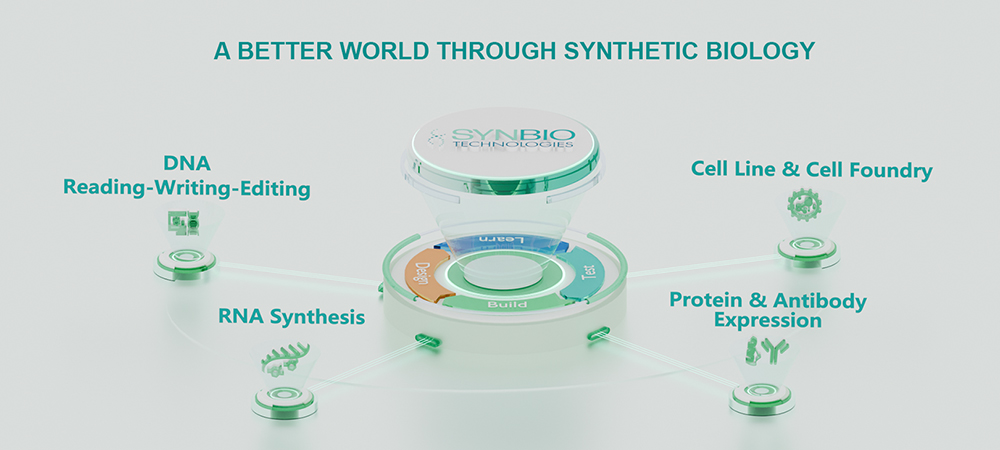In today’s rapidly evolving landscape, understanding the transformative potential of synthetic biology services is crucial for businesses aiming to enhance their operational efficiency. This article delves into how these innovative solutions can optimize transportation attributes, ultimately leading to improved logistics and supply chain management.
The Essence of Synthetic Biology Services in Transportation
Synthetic biology services encompass a range of biotechnological applications that enable the design and construction of new biological parts, devices, and systems. When applied to transportation attributes, these services offer unique features such as enhanced bio-manufacturing processes and sustainable material development. Moreover, they play a pivotal role in Traffic Management by facilitating real-time data analysis and predictive modeling capabilities that streamline operations across various transport networks.
Gene Fragments: A Key Component in Traffic Management

gene fragments are essential elements within synthetic biology that contribute significantly to Traffic Management systems. By utilizing gene editing technologies like CRISPR-Cas9, we can develop biosensors capable of monitoring environmental conditions affecting traffic flow. These sensors provide critical data on air quality or road safety issues which can be integrated into smart city frameworks for better decision-making regarding traffic patterns and congestion mitigation strategies.
The Distinct Features of Synbio in Traffic Management
Synthetic biology (Synbio) offers distinctive advantages when it comes to enhancing Traffic Management systems. For instance, Synbio-driven innovations allow for the creation of biodegradable materials used in signage or road infrastructure that adapt based on real-time traffic conditions. Additionally, integrating biological components with traditional IT infrastructures enables more resilient communication networks among vehicles and traffic control centers—ultimately fostering safer roads through advanced analytics.
Conclusion
In summary, synthetic biology services present groundbreaking opportunities within the realm of Traffic Management by introducing novel approaches to data collection and resource optimization. As we continue exploring this intersection between biotechnology and transportation logistics, it becomes increasingly clear that embracing these advancements will not only improve operational efficiencies but also pave the way towards sustainable urban mobility solutions.

